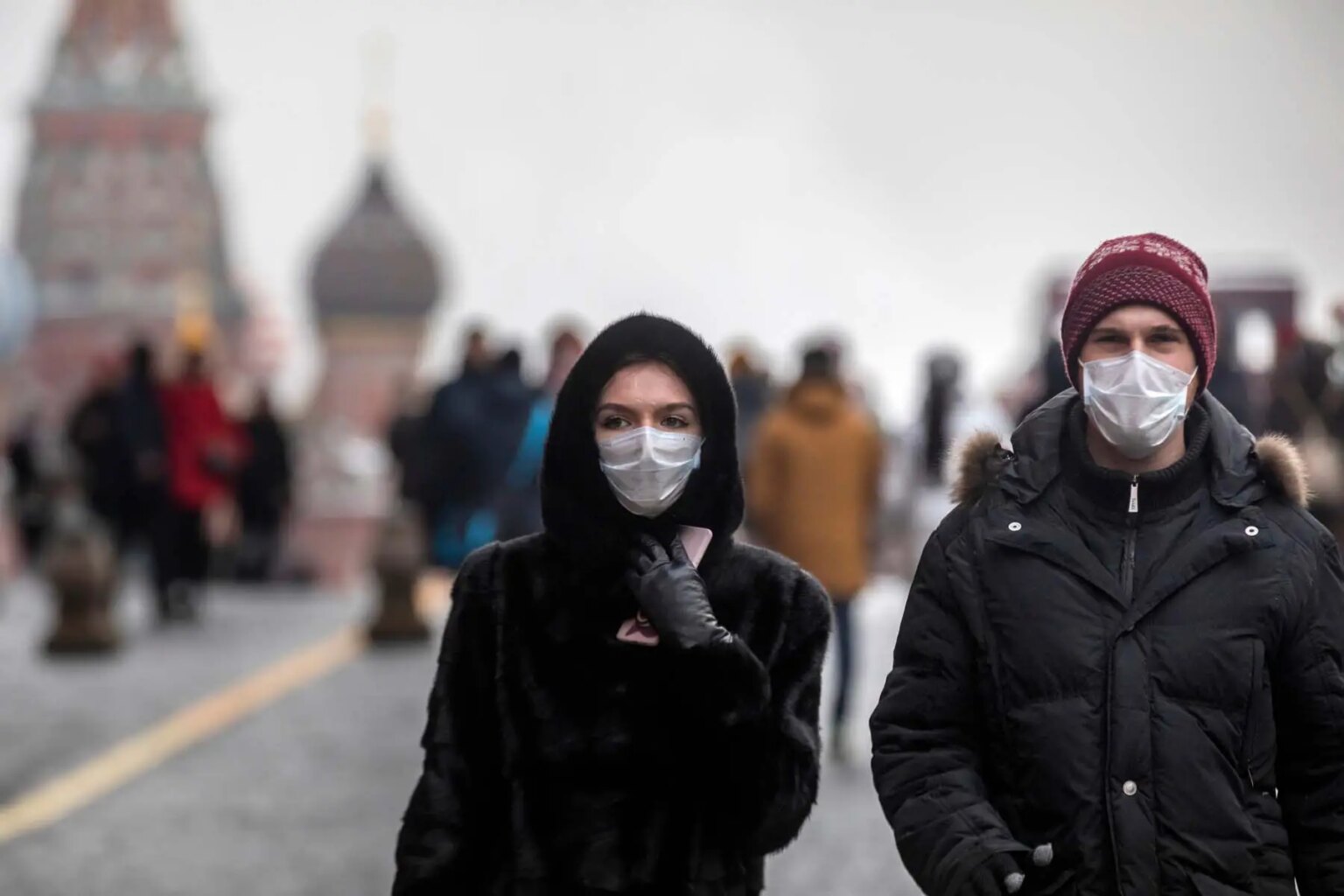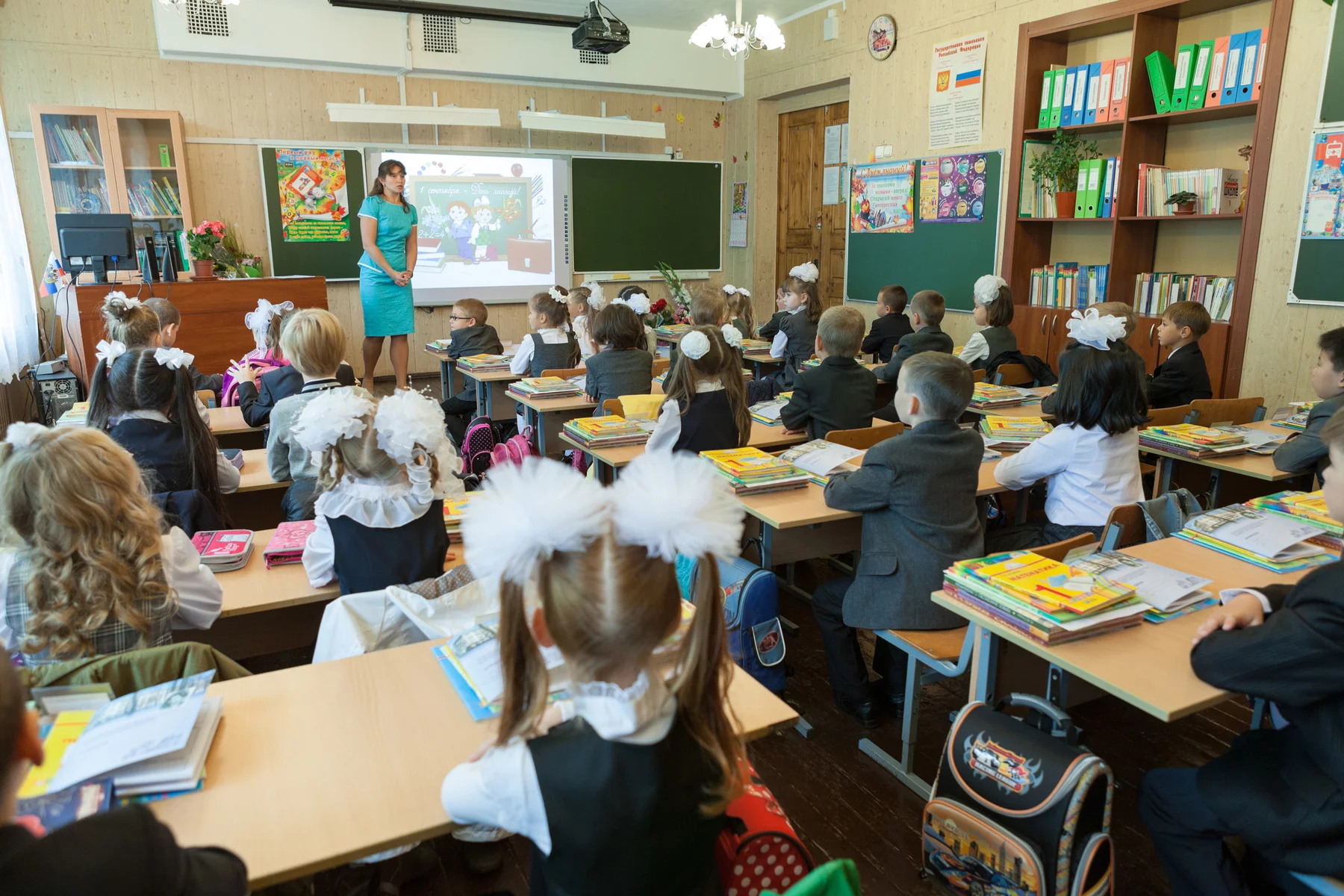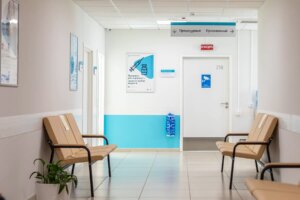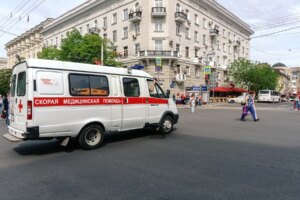Important notice from the Editor in Chief
Maintaining our Russian site is a delicate matter during the war. We have chosen to keep its content online to help our readers, but we cannot ensure that it is accurate and up to date. Our team endeavors to strike the right balance between giving information to those who need it, and respecting the gravity of the situation.
If you are living in Russia during the COVID-19 pandemic, you may not be aware of all of the rules, regulations, and support networks that are in place. Rules and restrictions often vary greatly between regions, so it can be difficult to keep track. The government’s Stop Coronavirus portal contains a lot of valuable information and advice.
Russia has been hit particularly hard by the coronavirus, and the situation on the ground is in a constant state of change. To help you keep abreast of your local situation, this guide has information on:
- COVID-19 in Russia
- Coronavirus rules and measures in Russia
- Apps for COVID-19 in Russia
- COVID-19 testing in Russia
- Vaccination against COVID-19 in Russia
- International travel during COVID-19 in Russia
- Long COVID support in Russia
- COVID-19 support for businesses, self-employed, and freelancers in Russia
- Education during COVID-19 in Russia
- COVID-19 support for vulnerable people in Russia
COVID-19 in Russia
The first confirmed cases of COVID-19 in Russia were on 31 January 2020, when two Chinese citizens were admitted to hospitals in Tyumen and Chita with the illness. On 23 February, three Russian citizens were hospitalized with COVID-19 after traveling on the British cruise ship Diamond Princess, where 712 people contracted the virus. Russia’s first confirmed COVID-19 death was reported on 19 March of that year.
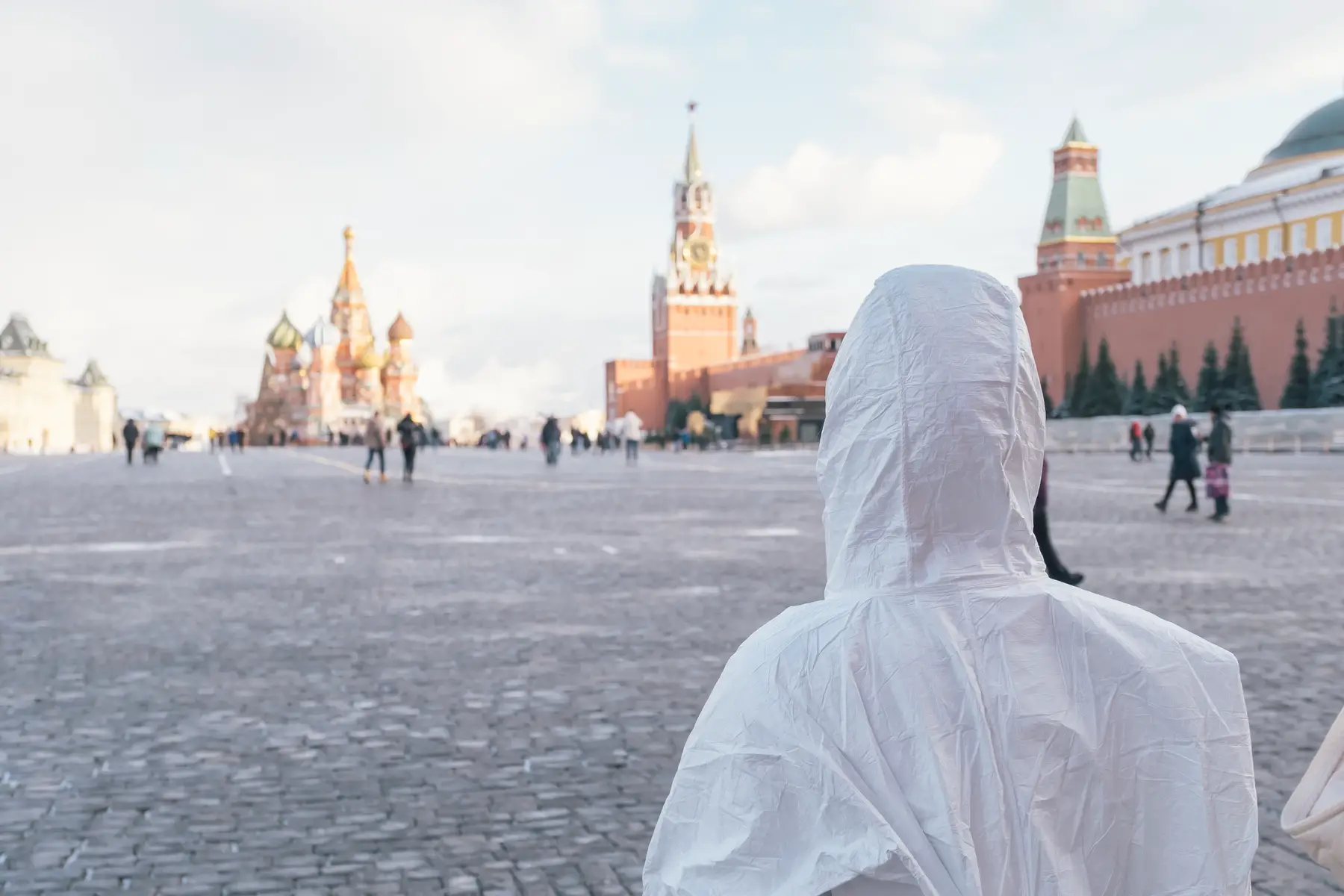
Since then, Russia has been one of the hardest-hit countries by COVID-19, both in terms of fatalities and infections. This has led to widespread interventions by the Russian government in an attempt to manage the pandemic.
Russia’s Health Ministry is responsible for all healthcare-related issues in Russia, including its COVID-19 response. However, at different points during the crisis, the national and various regional governments have introduced measures aimed to lessen the impact of the virus.
The Russian government provides daily updated statistics on COVID-19, including new cases, deaths, and recoveries. You can search for a breakdown of statistics in your local area.
Coronavirus rules and measures in Russia
The Russian federal and regional governments have implemented various measures aimed to limit the spread of COVID-19.
On 25 March 2020, the Russian government announced the suspension of all work, effective from 1 April. Russians were only able to return to work, mostly from home, from 12 May. Lockdowns were introduced on a region-by-region basis, starting with Moscow on 29 March 2020. The remaining regions of Russia all went into lockdown over the following three days.
Alongside these wide-reaching lockdowns, other measures were also introduced to help curb the spread of COVID-19. For example, social distancing was enforced in public spaces, such as supermarkets and public transport. This saw people required to maintain a distance of 1.5 meters between one another.
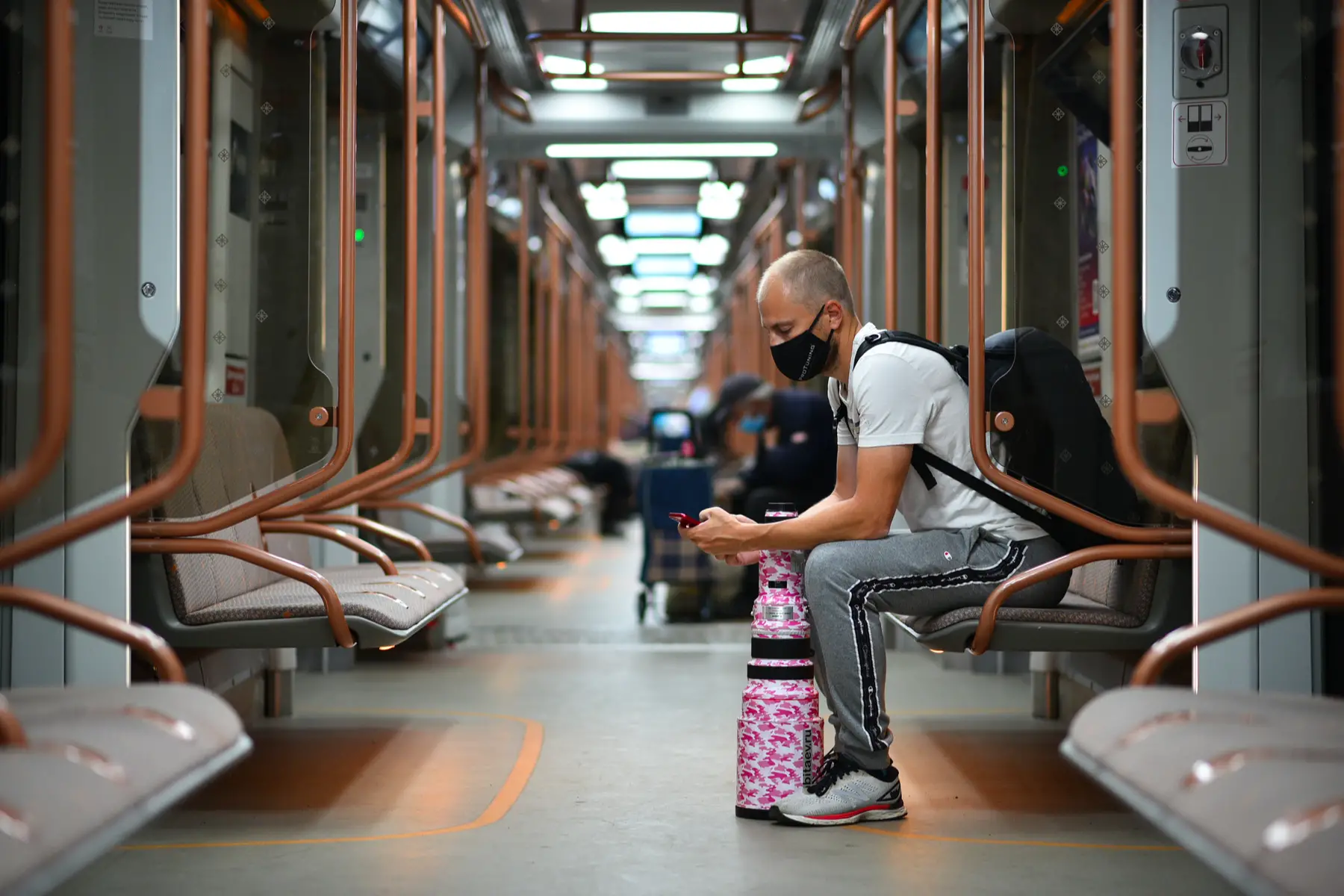
In an attempt to reopen much of society, many parts of Russia introduced a QR code system to help manage the virus. These QR codes were required to enter restaurants, cafes, and public events, and were given to people who had:
- Received two doses of vaccine
- Recovered from COVID-19 within the past six months
- Taken a PCR test that came up negative.
In 2021, most restrictive measures were lifted throughout the majority of the country. For example, in Moscow, the bulk of measures were lifted on 13 August 2021. This included the work-from-home order. Restaurants and public spaces in Moscow also no longer required visitors to present QR codes. In some regions, including St Petersburg, QR codes were still required to attend events or visit restaurants.
Reintroduction of measures
In October 2021, Russian leaders announced plans to reintroduce certain measures to curb a surge in coronavirus infections and deaths. This included a paid nationwide holiday throughout Russia and the return of some lockdown measures in Moscow. For example, the closure of schools, gyms, and all non-essential shops in the capital. Check restrictions in your local area to ensure you are following the current regulations.
Apps for COVID-19 in Russia
The Eurasian Development Bank’s Travel Without COVID-19 app, available for Android and iOS devices, helps you locate your nearest PCR testing facility and generates a QR code from your test results.
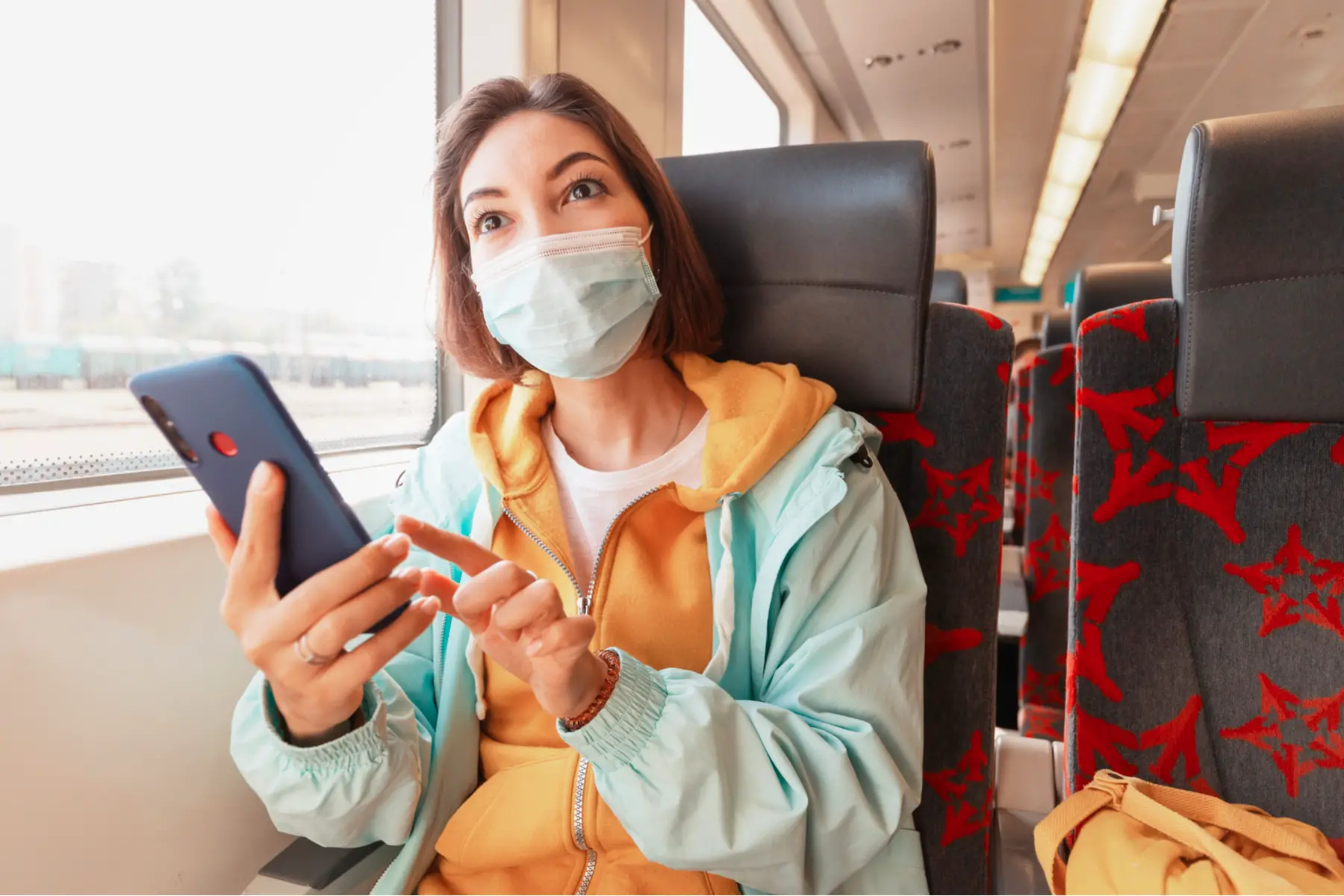
This code must also be used when traveling between Russia and other Commonwealth of Independent States (CIS) member states. These states are:
- Azerbaijan
- Armenia
- Belarus
- Kazakhstan
- Kyrgyzstan
- Moldova
- Tajikistan
- Turkmenistan
- Uzbekistan
COVID-19 testing in Russia
There are a number of ways to detect if a person has an active COVID-19 infection. Generally speaking, the following types of coronavirus testing can be accessed in Russia:
PCR tests
PCR tests are available across Russia, with almost 1,200 testing facilities located around the country. These tests are often provided for a fee, and the fees vary depending on your location. The cheapest tests are in Rostov-on-Don, where you can expect to pay from ₽800. In contrast, if you are in Irkutsk Region, you should expect to pay between ₽2,300 and ₽3,300 for a PCR test.
If you live in Moscow, you may be able to get a PCR test free of charge. There are over 200 facilities in the city providing free PCR testing. Alternatively, you can pay for a test. Prices in Moscow range from ₽1,500 to ₽8,350, with the most expensive test yielding results within one hour.
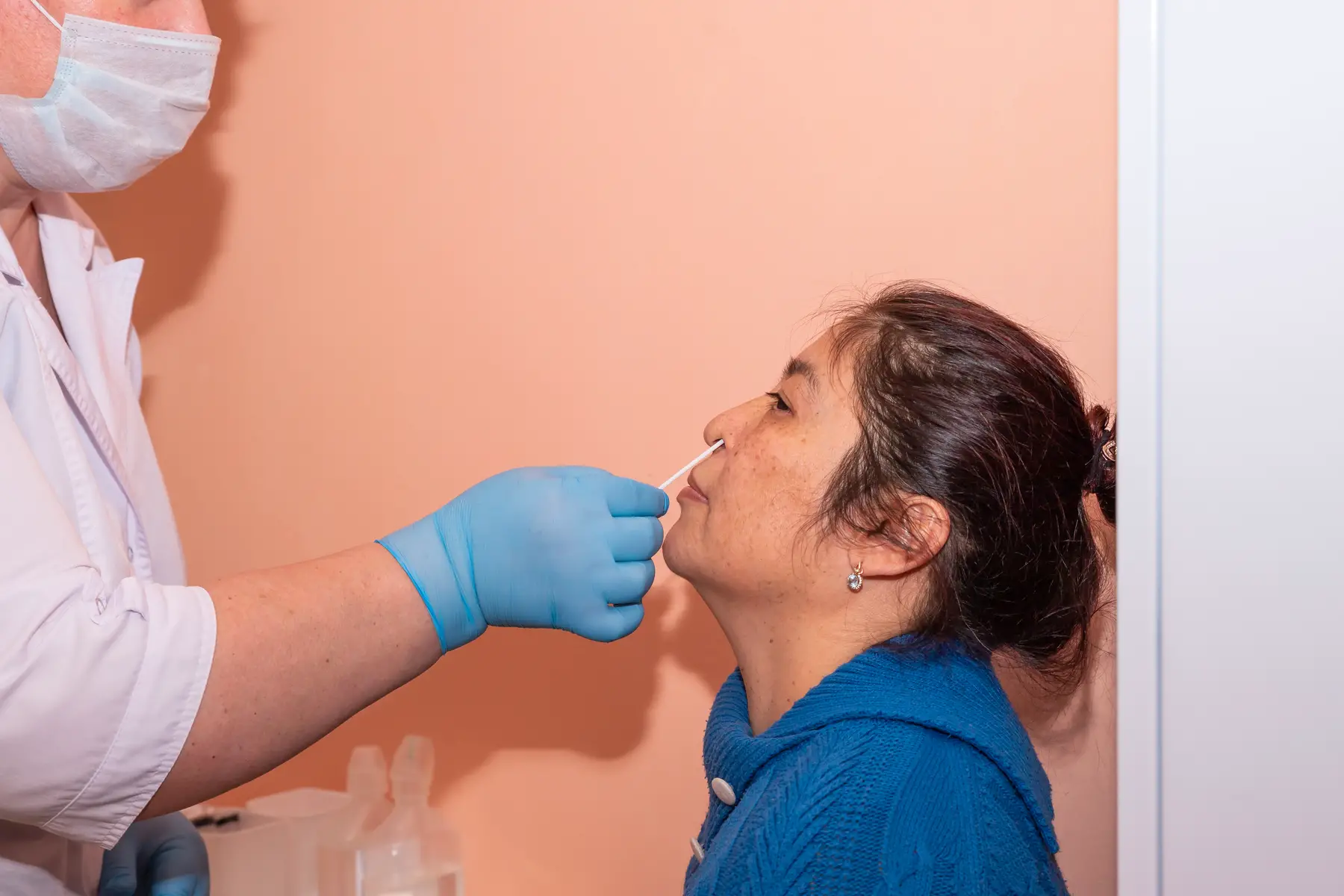
You will need a negative PCR test in order to enter Russia from one of the CIS member-states. You may also need to provide a negative PCR test result to visit restaurants or public spaces in a number of Russian regions.
Lateral flow tests
If you need to find out your COVID-19 status urgently, you can take a lateral flow test. You can buy these at pharmacies throughout Russia. Results are ready within 10-20 minutes of taking the test.
It is also possible to undergo a lateral flow test free of charge at some locations. In Moscow, for example, free testing is available at 10 medical clinics and 10 facilities located in public spaces.
If you test positive for COVID-19 in Russia
If you test positive for COVID-19, you will need to self-isolate for 14 days along with all other members of your household. Once 14 days have passed, you will have to take a PCR test. If the test comes back negative, you will be able to leave quarantine; otherwise, you will need to continue to self-isolate until you test negative.
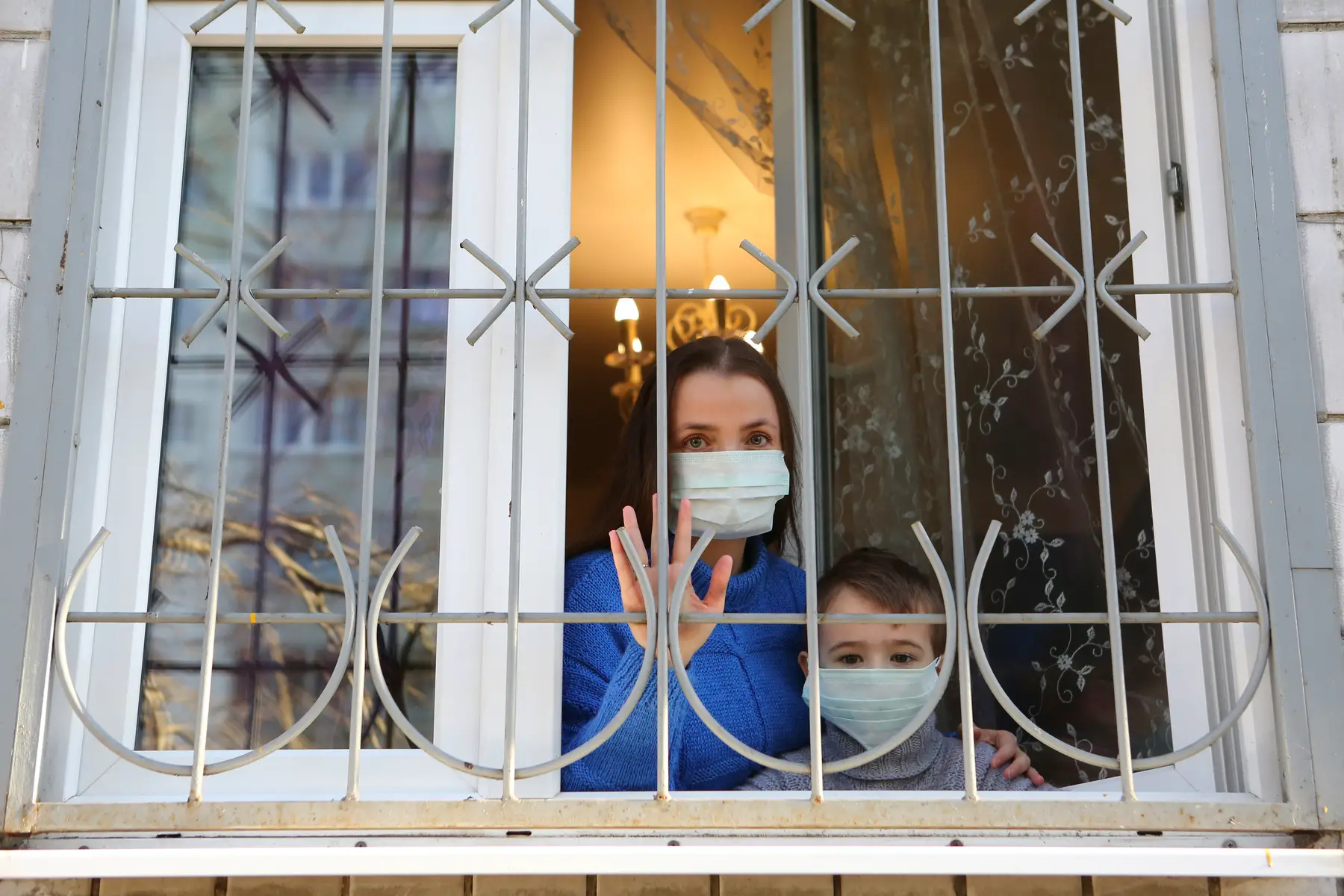
If you need to get a doctor’s note in order to be absent from work, you should not visit your doctor. Instead, call the Health Ministry hotline for your region and a doctor’s note will be delivered to your home.
COVID-19 antibody tests in Russia
If you have received a vaccine or recovered from COVID-19, you can get an antibody test to provide proof. These tests are commercially available from pharmacies around Russia, costing between ₽770 and ₽2,000 depending on the brand of test and your location.
Vaccination against COVID-19 in Russia
According to reports in October 2021, around 40 million people, or 27% of the Russian population, had received two doses of vaccine. Russia has developed several vaccines of its own, which are available for free to all Russian citizens at medical clinics and other public places, such as some shopping malls.
Foreign nationals can receive vaccines in Russia, but only at certain clinics. For example, there are 25 clinics in Moscow offering vaccines to foreigners, provided they have at least temporary residency status in the country. You can expect to pay ₽1,300 for your vaccine.
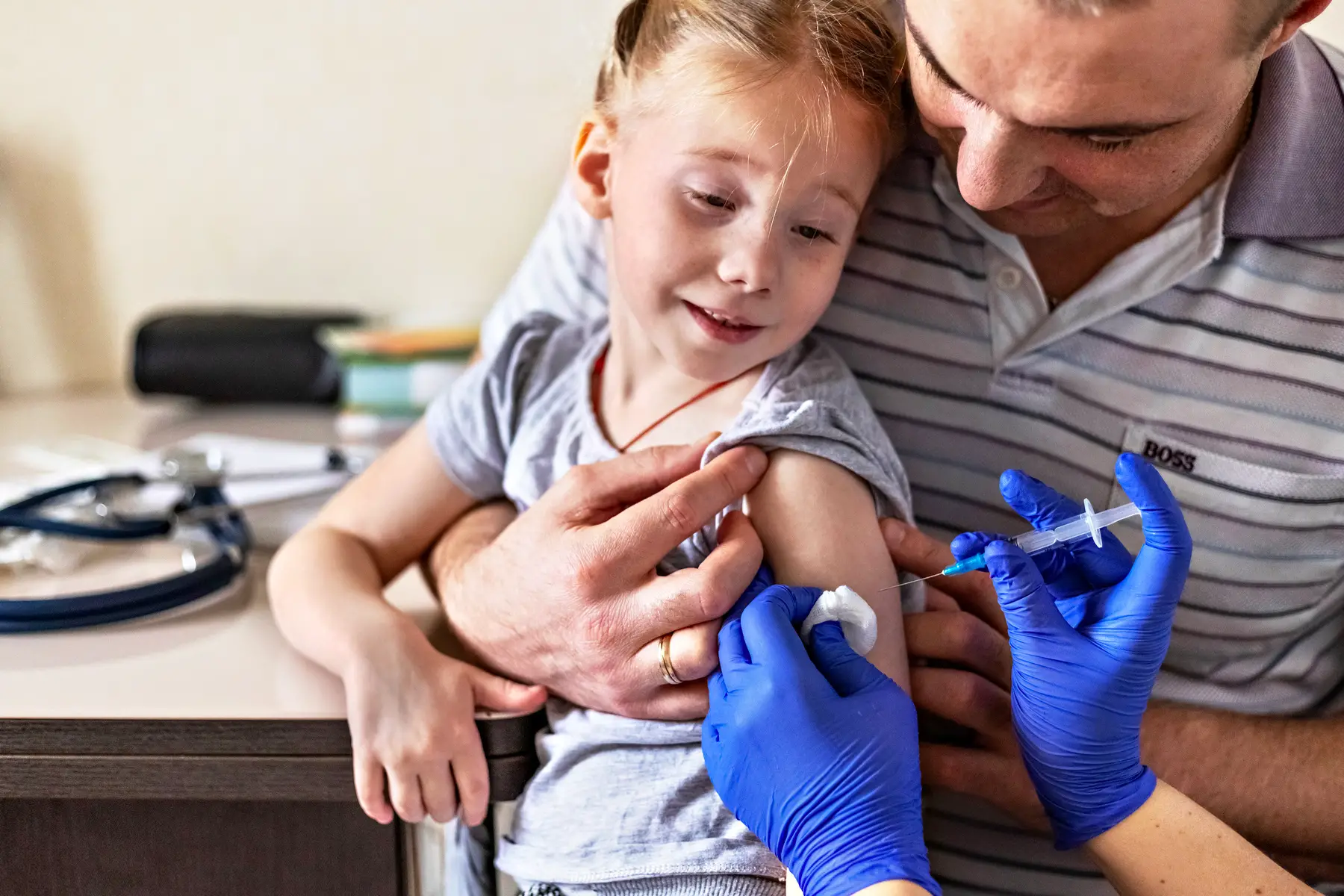
Russia has developed several of its own COVID-19 vaccines, and Russian clinics will only offer domestic jabs. If you would prefer to receive a different coronavirus vaccine, such as the Pfizer or AstraZeneca vaccine, you will need to travel outside Russia to do so.
There are three distinct vaccines on offer at Russian clinics:
Sputnik V
The Russian government first approved Sputnik V for emergency use in August 2020, making it the first such vaccine to be made available in the world. Sputnik V is a viral vector vaccine, similar to the AstraZeneca jab, and is reported to be 92% effective with two doses
EpiVacCorona
This peptide-based vaccine was first approved for use in September 2020. EpiVacCorona has a reported efficacy rate of 79%.
Covivac
The inactivated virus-based vaccine was approved for use in Russia in February 2021. According to its developers, the vaccine has an 80% efficacy rate.
International travel during COVID-19 in Russia
On 18 March 2020 Russia closed its borders to almost all foreign citizens. However, while some travel restrictions remain in place, the Russian government has started to slowly open its borders to certain countries, provided travelers have the required visa and meet the Russian coronavirus requirements for their country of origin. The countries with which Russia allows international travel is subject to change as the pandemic progresses. As of October 2021, there are 63 countries on the list.
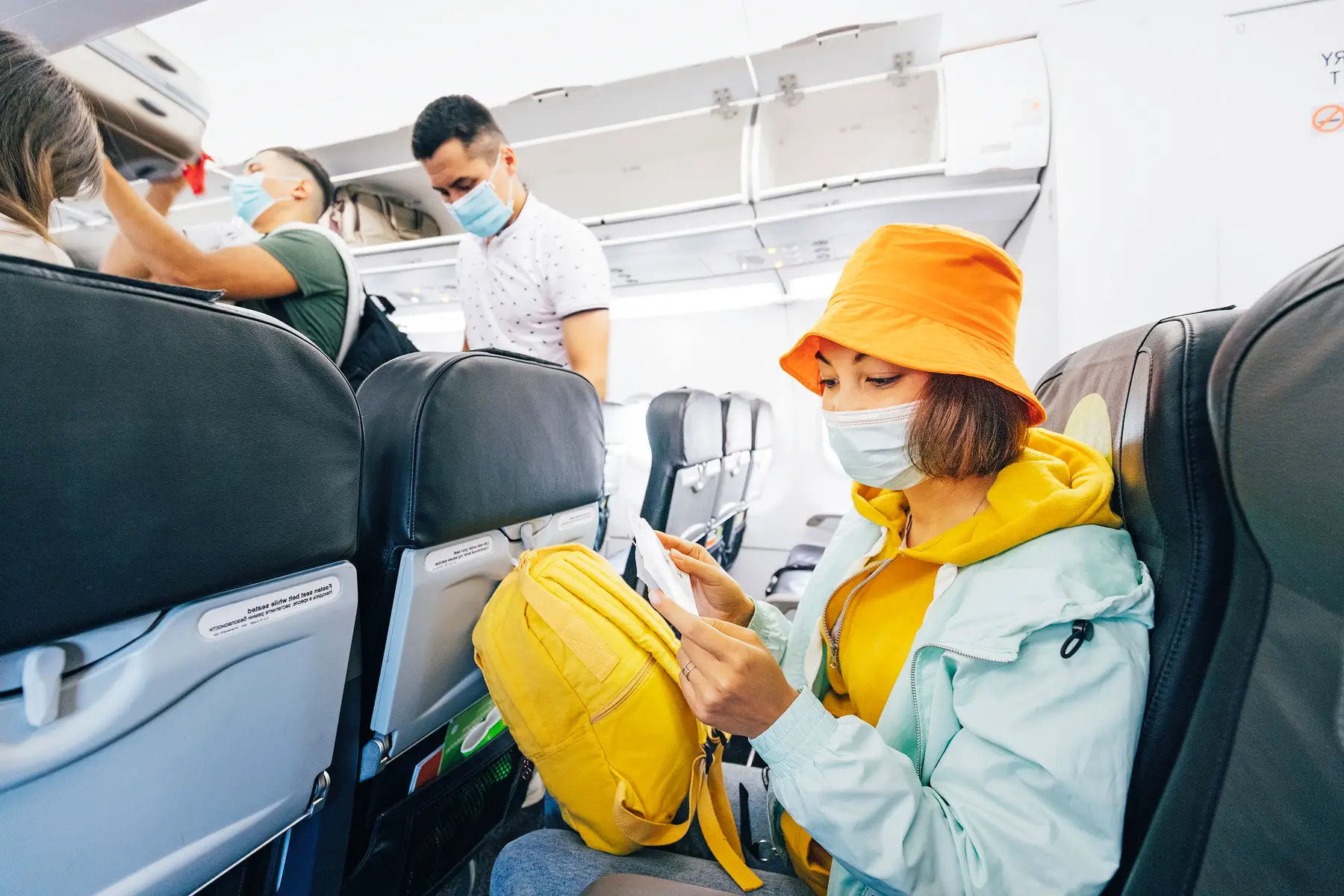
As of October 2021, all foreign citizens traveling to Russia must present a negative PCR test dated within 72 hours of travel. Airlines may require you to show your test results upon check-in. This requirement is regardless of whether you have proof of vaccination. Russian citizens can currently travel without the need for a PCR test, providing they have proof of vaccination. Be aware that these requirements are subject to change, so check the latest restrictions before you travel.
If you are traveling from one of the CIS member-states listed above, you will need to download the “Travel Without COVID-19” app and use it to display your negative PCR test before you travel. You will not be able to cross the border into Russia without doing so.
If you are already in Russia and wish to travel abroad, you should check the Russian Foreign Ministry website before planning your journey. The ministry provides regular updates as to which countries you may visit when traveling from Russia, as well as the rules for entering each country.
Long COVID support in Russia
Many people who get COVID-19 suffer from a range of symptoms long after recovering from the virus itself. Healthcare professionals call this long COVID or post-COVID-19 syndrome. Symptoms may include headaches, brain fog, sickness, fatigue, and chest pain. They usually last for up to four weeks, but in up to one-third of cases can continue for three months or more.
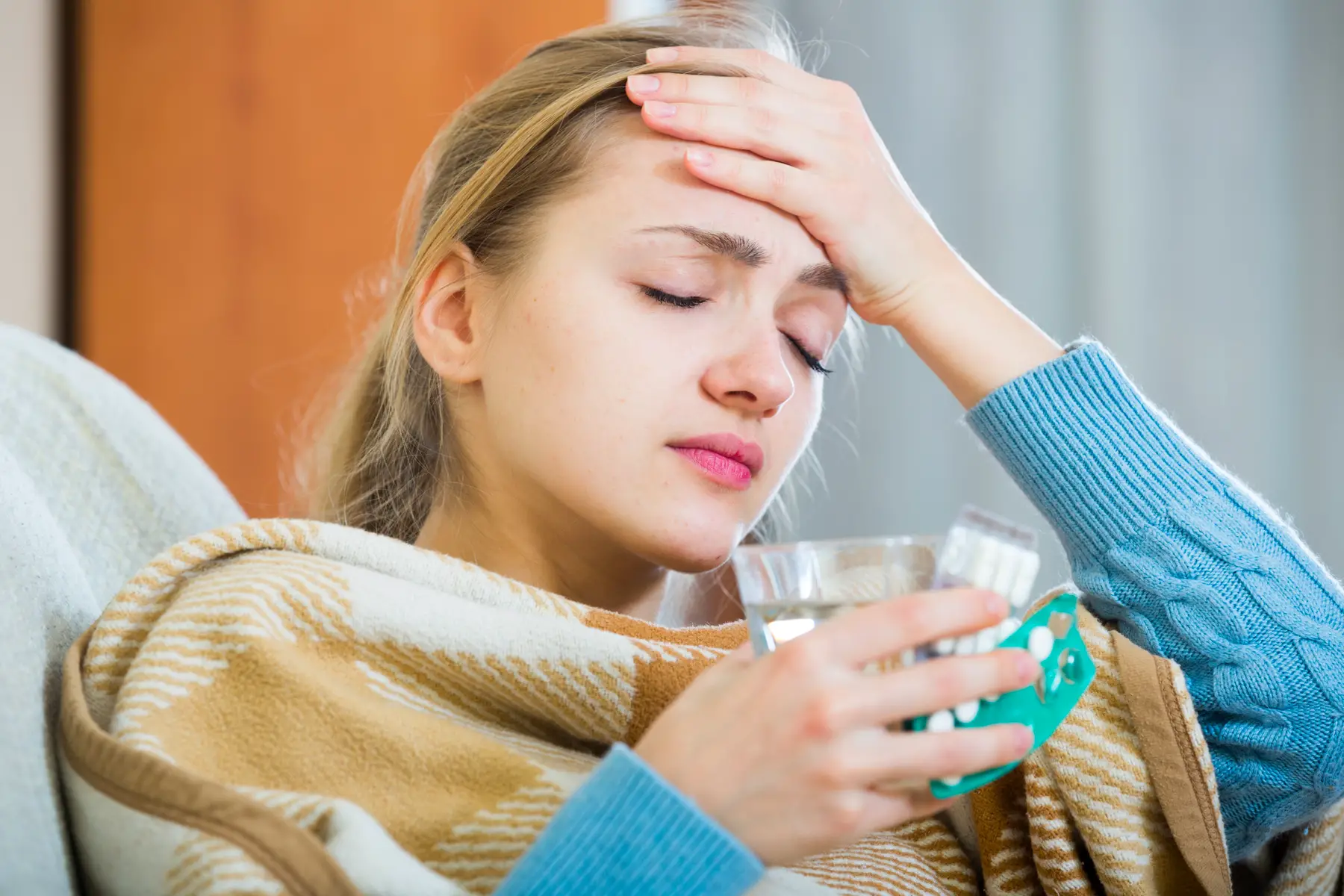
If you experience long COVID symptoms in Russia, you are advised to see your GP as soon as possible. If you live in Moscow, you can visit the specialized long COVID clinic opened in March 2021.
Dozens of private clinics in St Petersburg are offering post-COVID rehabilitation programs. These include consultations with specialists, physiotherapy, massage therapy, and other forms of treatment. Prices range from ₽5,000 to ₽16,000 depending on the clinic.
COVID-19 support for businesses, self-employed, and freelancers in Russia
The COVID-19 pandemic has taken its toll on the global economy, with GDP contraction and rising unemployment seen in countries all over the world in 2020. In Russia, according to the World Bank, a total of 1.78 million jobs were lost in 2020 due to the impacts of coronavirus. These were mainly in the manufacturing, construction, retail and hospitality, and health/social services sectors – that is, jobs that could not be performed remotely.
However, the Russian economy appears to have fared better than other countries. For example, while the UK saw its GDP shrink by 9.8% in 2020, the Russian GDP fell by just 3%.
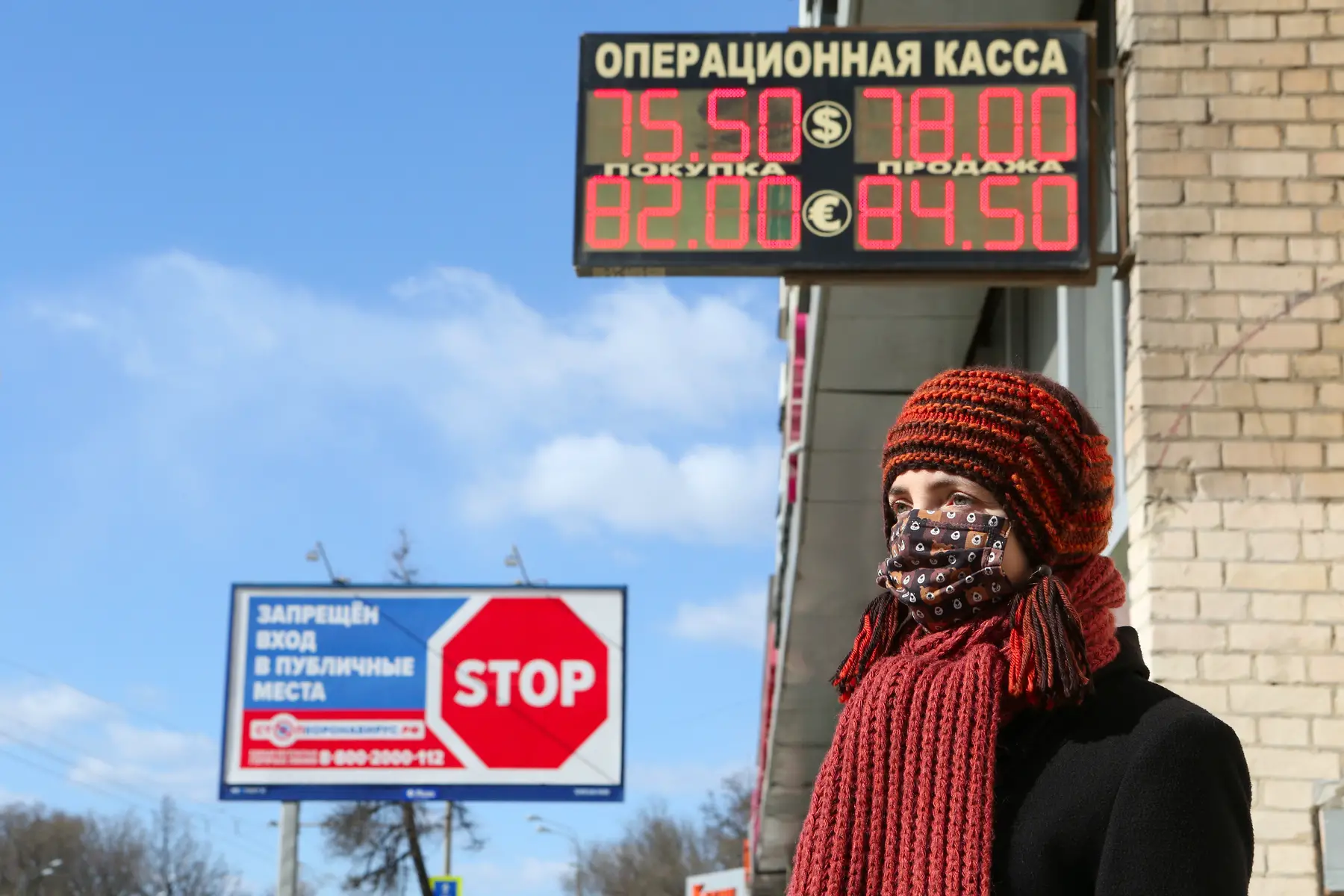
The Russian government has introduced a range of measures aimed at minimizing the pandemic’s effect on business. These include:
- A moratorium on bankruptcy proceedings, in force from 6 April 2020 to 7 January 2021
- Tax holidays of varying length for companies in sectors that were hardest hit by the pandemic
- Interest-free government loans to enable businesses to pay their employees
- Subsidies for small and medium-sized businesses in 11 sectors, totaling up to ₽12,310 per employee
- Automatic renewal of licenses in various sectors during 2020.
Education during COVID-19 in Russia
In March 2020 Russia’s government took the decision to close all schools, colleges, and universities for the remainder of the school year due to coronavirus. During that period all classes took place remotely, and state examinations were canceled.
Schools reopened nationwide on 1 September 2020. This decision was subject to criticism, with doctors predicting a spike in COVID-19 cases as a result of children and faculty returning to schools.
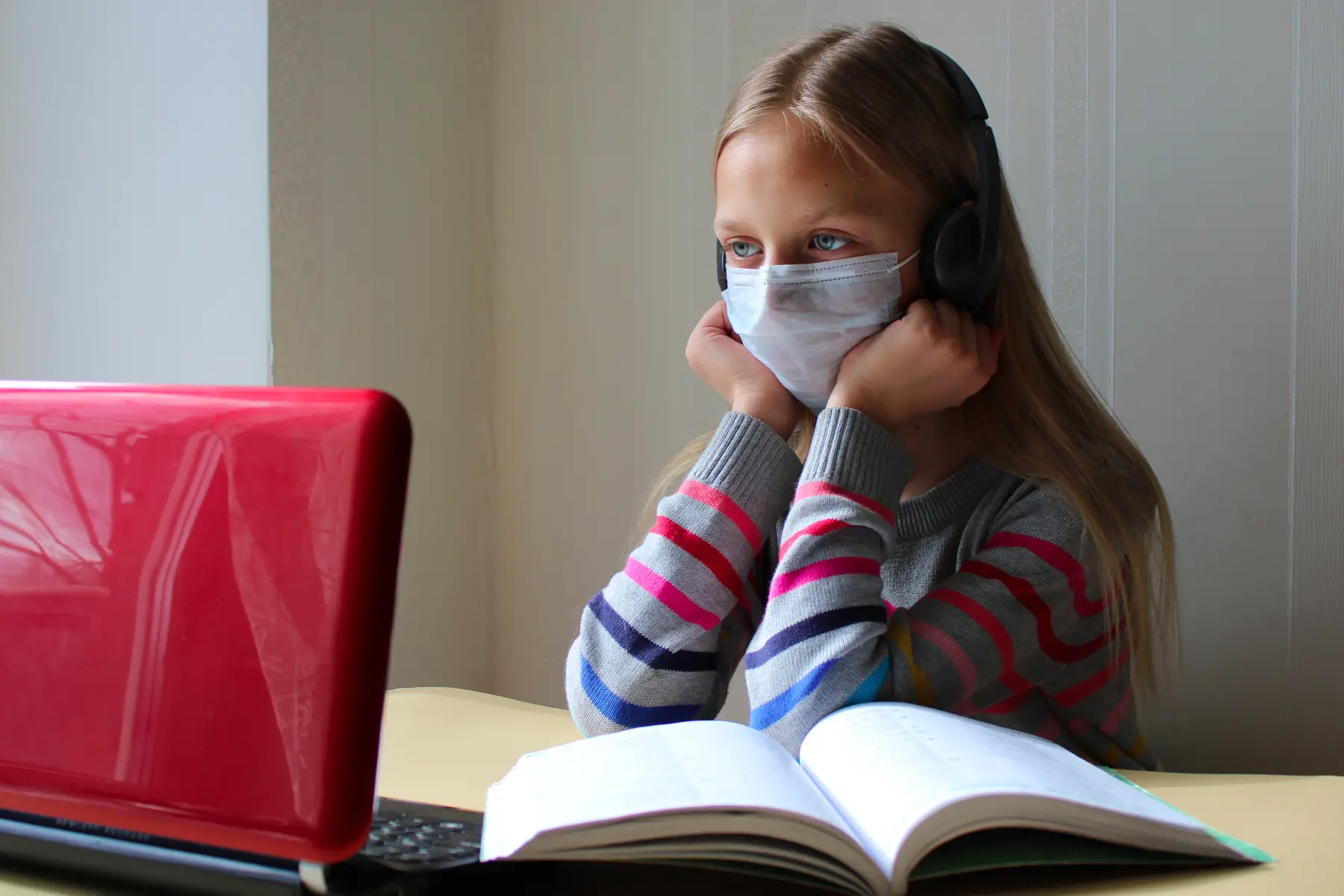
After schools reopened at the federal level, it was left to Russia’s regional governments to determine what, if any, restrictions should remain in place. Moscow opted to test all 180,000 employees of its education system prior to reopening.
Nevertheless, within weeks of reopening, schools in several regions closed again after identifying cases of COVID-19. In Moscow specifically, schools closed for two weeks in October 2020 after over 2,000 new cases were identified.
As of September 2021, the majority of schools in Russia are open and holding in-person classes as normal. However, schools in certain regions, including Saratov, have opted to return to distance learning.
The Russian government’s COVID-19 portal contains links to a variety of resources for distance learning, as well as Education Ministry hotlines to call if you have questions about distance learning.
COVID-19 support for vulnerable people in Russia
Although the pandemic has affected everybody, certain groups of people in Russia have been at higher risk from coronavirus than others. The elderly, people with underlying health conditions, and low-income families have all faced difficulties over the course of the health crisis, and the Russian government has taken measures to make their lives easier for the duration.
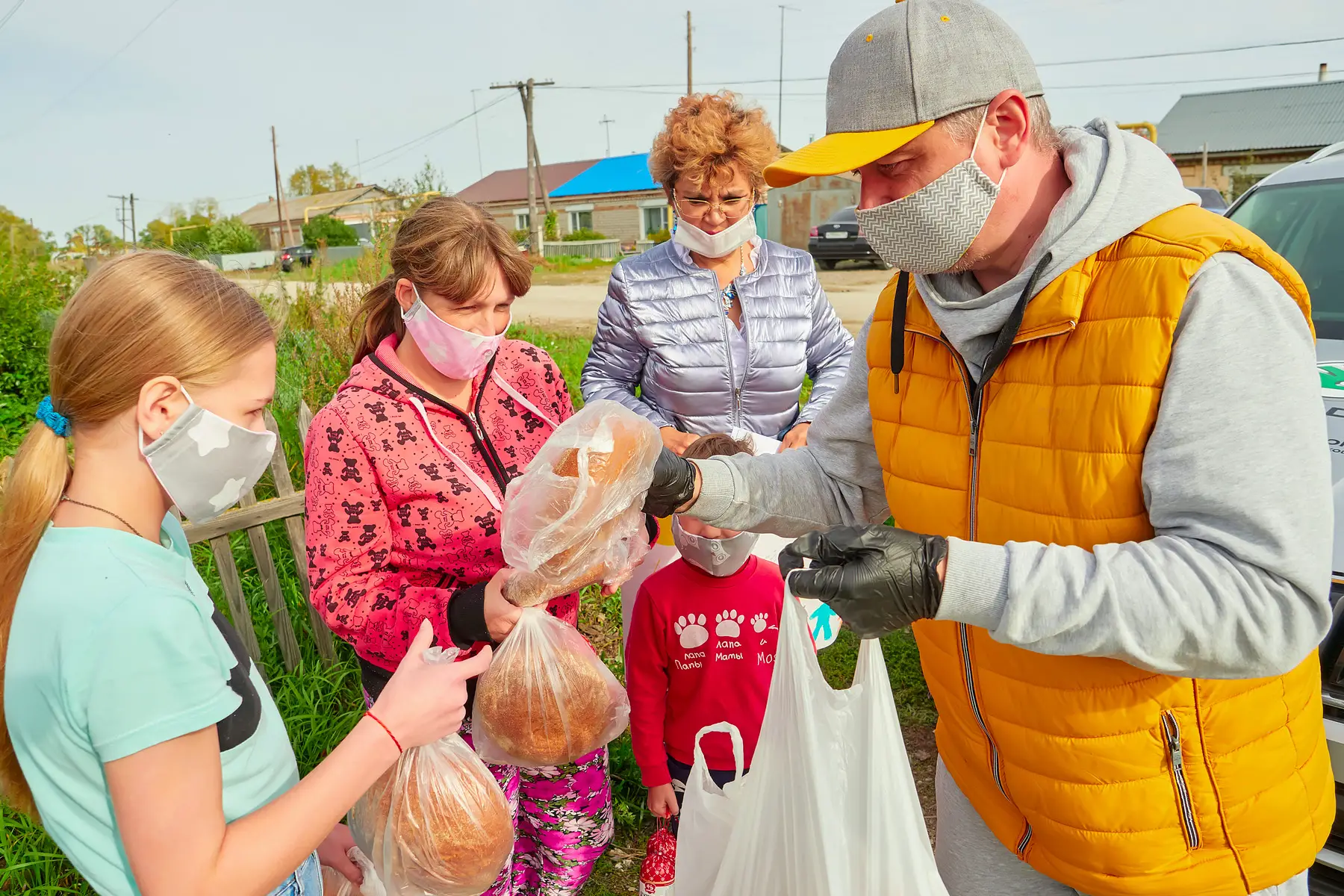
The support measures taken include:
- Financial aid for families with children, single parents, and pregnant women.
- Simplified procedure for claiming disability benefits.
- Increased oversight over medicine prices, including fines for price hikes.
The state-sponsored mutual aid fund “WeAreTogether” also provides support to at-risk individuals and families. The fund’s volunteers provide help at hospitals, deliver groceries to people’s homes, and run a helpline for people experiencing psychological distress.
